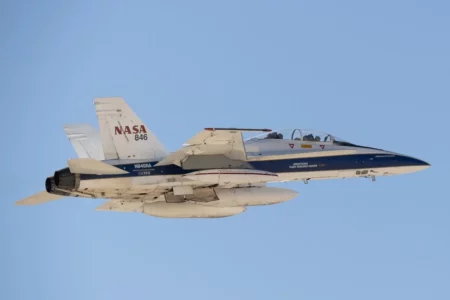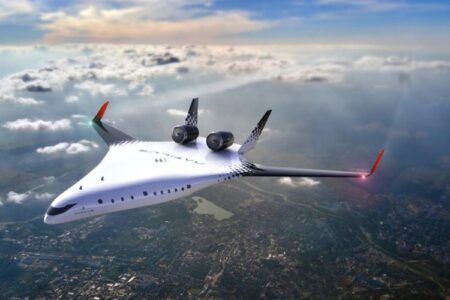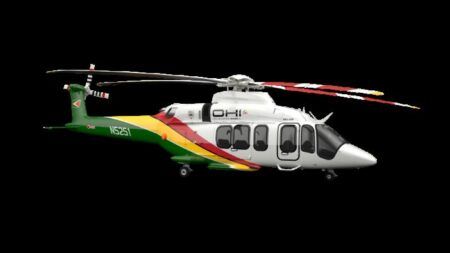The Dassault Falcon 2000LX widebody ultra long range business jet (Image: Dassault)
German aerospace research center DLR is buying a converted Falcon 2000LX to use as a testbed in its own and other’s R&D projects, including automated pilot assistance systems.
French firm Dassault will supply the Falcon, a widebody business jet, equipped and ready to be used as an inflight Systems and Technology Airborne Research (iSTAR) vehicle. It will be used to test the flight characteristics of new aircraft designs, real or virtual, piloted or unmanned, in real life operating conditions.
In addition, the iSTAR will serve as a test bed for aerodynamics, aeroelasticity, structures, propulsion, flight control and flight guidance applications.
The full capability iSTAR vehicle will be equipped with additional control surfaces, an experimental digital flight control system and other hardware, including an EASy II intuitive cockpit complete with an enhanced flight vision system, a Rockwell Collins head up display and a Dassault Falcon Sphere II electronic flight bag suite.
The chair of DLR’s Executive Board, Pascale Ehrenfreund, said, “Dassault is granting DLR access to its internal development know-how and experience in aerodynamics.
“The 2000LX has the performance and safety margins we need for a research vehicle and considerably reinforces our ability to conduct interdisciplinary research across the entire aviation system.”
The Falcon 2000LX being acquired is a development aircraft that has been used by Dassault for flight testing and development purposes. It will be converted at Dassault’s Bordeaux-Mérignac facility into a flight testbed by 2020. While in use by DLR, a further two conversions will mean the aircraft attains full iSTAR testbed capability by the mid-2020s.
DLR’s executive board member for aeronautics, Rolf Henke, said, “The iSTAR vehicle will provide DLR with an inflight simulation capability. This is a powerful tool to assess the flight characteristics of newly-designed aircraft configurations under realistic conditions.
“It will greatly facilitate the development of new environmentally friendly and efficient aircraft configurations and components. Moreover, it will permit the inflight evaluation of increasingly automated pilot assistance systems, including auto-taxi and take-off, and enhance the testing of unmanned aircraft and their integration into the controlled airspace.”
The aircraft will be based at the DLR site in Braunschweig, Germany and will be available to other national and European research institutes as well as to aircraft manufacturers and suppliers.
April 27, 2016




